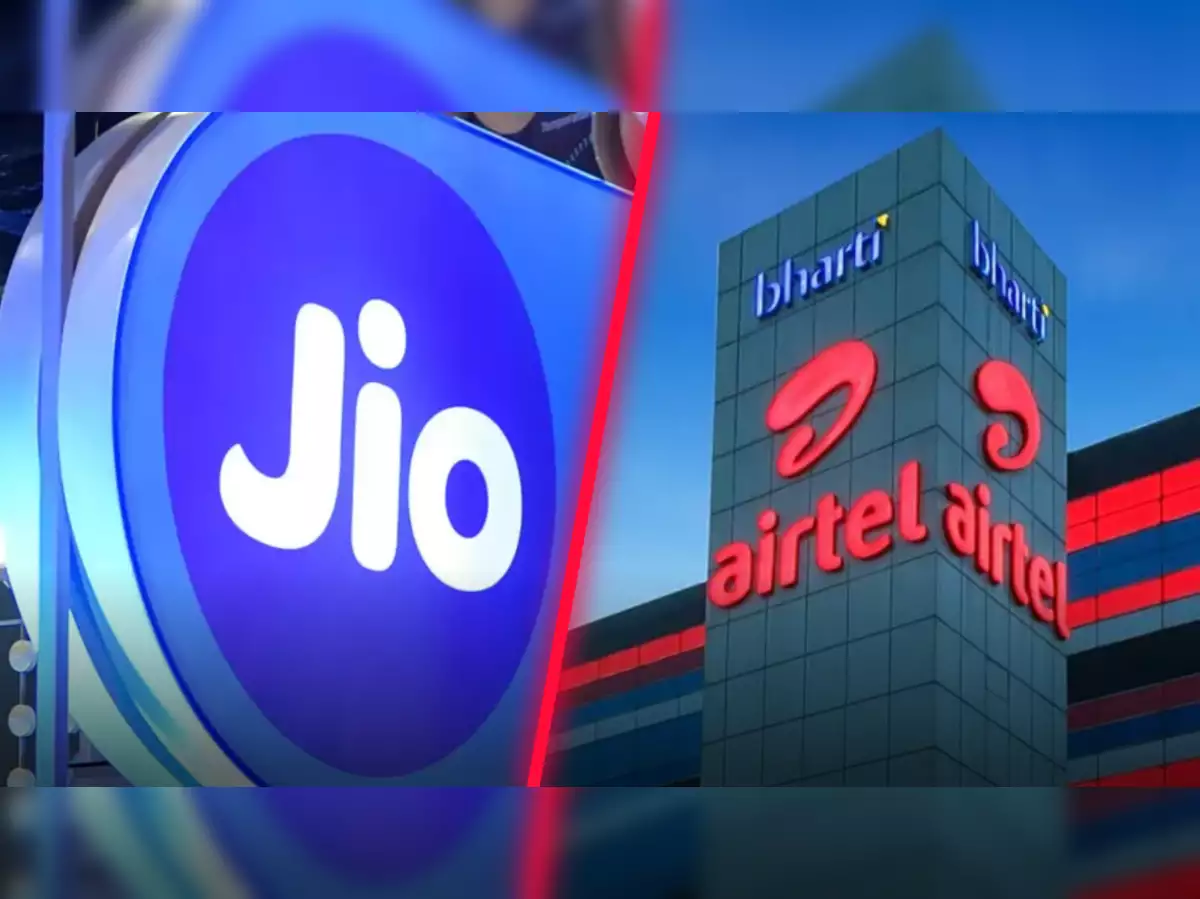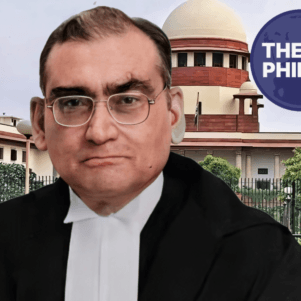
Open Letter to the Telecom Regulatory Authority of India (TRAI)
Subject: Urgent Need for Regulatory Intervention to Address Arbitrary Tariff Hikes and Preserve Market Competition
Dear TRAI,
I hope this letter finds you in good health and spirits. As a concerned citizen and a keen observer of the Indian telecom sector, I am writing to bring to your attention a matter of urgent public interest—the recent arbitrary tariff hikes by leading telecom operators and the looming threat of a duopoly in our telecom market.
Arbitrary Tariff Hikes: An Unjust Burden on Consumers
Recently, Reliance Jio announced a 12-25% increase in their tariffs, followed closely by Bharti Airtel. The price difference between the old and new plans for annual data packs is as much as Rs 600 for both companies. Popular plans like Jio’s Rs 239 monthly plan with 1.5GB daily data have been revised to Rs 299, imposing a significant burden on consumers. This sudden and substantial increase is alarming and raises concerns about the fairness and transparency of these price adjustments.
The Threat of a Duopoly
The Indian telecom sector is witnessing the erosion of competition. Vodafone Idea is in dire straits, and BSNL lags behind its peers, struggling to stay afloat amidst intense competition from Reliance Jio and Bharti Airtel. Analysts have long warned of the sector’s potential transformation into a duopoly, and this seems increasingly likely. The disappearance of viable competitors will leave consumers at the mercy of the dominant players, allowing them to manipulate tariffs and plans without accountability.
Impact on Low-Income Households
At a time when the government is providing free ration to 80 crore people who cannot afford basic food staples, expecting these individuals to afford a Rs 300 recharge is unrealistic and unjust. To even receive calls, a minimum recharge of Rs 300 is required, or else the SIM card will be disabled, cutting off essential communication. This is particularly concerning given that the companies compare their plans to European countries where the purchasing power parity is 100 times that of the average Indian.
Right to Access the Internet: A Fundamental Right
The Supreme Court, in the case of Anuradha Bhasin v Union of India, held that the right to access the Internet is a part of Article 19(1)(a) of the Indian Constitution, which guarantees the freedom of speech and expression. The frequent internet shutdowns in Jammu and Kashmir highlighted the importance of this right, and the current tariff hikes threaten to undermine it. Access to the internet and communication services should be affordable and accessible to all, not just a privileged few.
Concerns of Parents and Families
Parents are understandably concerned about the security of their children who attend college or live far from home. With the current recharge rates, it is becoming increasingly difficult for middle-income families to manage these expenses, let alone poorer households. A family of four would need to spend Rs 1200 on recharges, a significant portion of the average household income of Rs 8,000-10,000. This means that 10% of their income would go towards recharges, which is unsustainable.
The Plight of Farmers and Low-Income Workers
Consider the plight of a farmer who earns Rs 4-5 per kg by selling vegetables. To manage the monthly recharge expense, they would need to sell 60-70 kgs of vegetables. This is an unfair and unrealistic burden on those who are already struggling to make ends meet. Similarly, other low-income workers are disproportionately affected by these price hikes, highlighting the urgent need for regulatory intervention.
Call for TRAI’s Intervention
We urge TRAI to intervene and address these arbitrary tariff hikes. There is a need to ease market entry restrictions to allow new players to enter the market. Currently, Airtel and Jio have a virtual duopoly, giving them immense power to manipulate tariffs. Encouraging competition will ensure fair pricing and better services for consumers.
In conclusion, it is imperative for TRAI to take immediate action to protect consumers from exploitative practices and to preserve the competitive integrity of the telecom market. We hope that you will consider the points raised in this letter and take the necessary steps to address these pressing issues.
Thank you for your attention to this matter.
Sincerely,
Common Citizens of India



